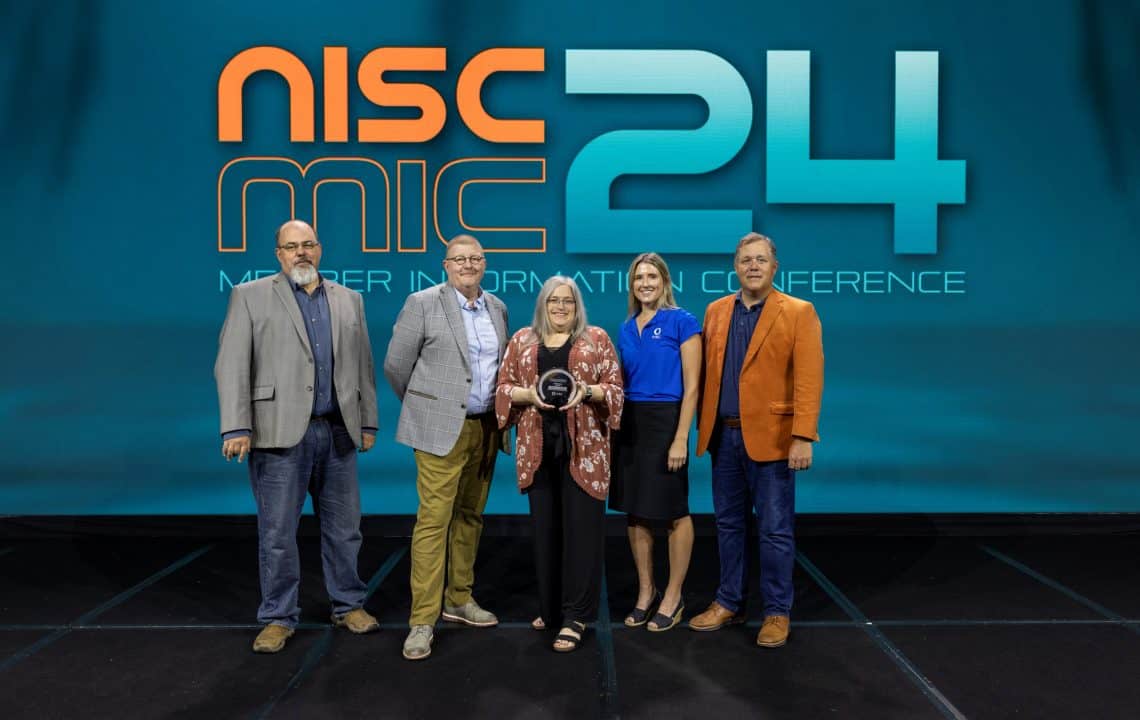
SRT is proud to announce that our Member Service Supervisor, Stephanie R., and Lead Network Assurance Specialist, Connor A., graduated from the Minot Dale Carnegie Course earlier this week.
The Dale Carnegie Course helps people hone leadership, problem solving, and communication skills within a business environment. While they were enrolled in this course, Stephanie received the Outstanding Performance Award and Connor received the Crashing Through Award. Congratulations on your achievements, Stephanie and Connor!


 The FTC recently issued a consumer alert about one of the latest ways scammers are trying to get your attention — by texting to ask when you’re free to catch up over a cup of coffee. Scammers are hoping you’ll think the text is from a long lost friend and reply with questions, or tell the sender they have the wrong number.
The FTC recently issued a consumer alert about one of the latest ways scammers are trying to get your attention — by texting to ask when you’re free to catch up over a cup of coffee. Scammers are hoping you’ll think the text is from a long lost friend and reply with questions, or tell the sender they have the wrong number.








